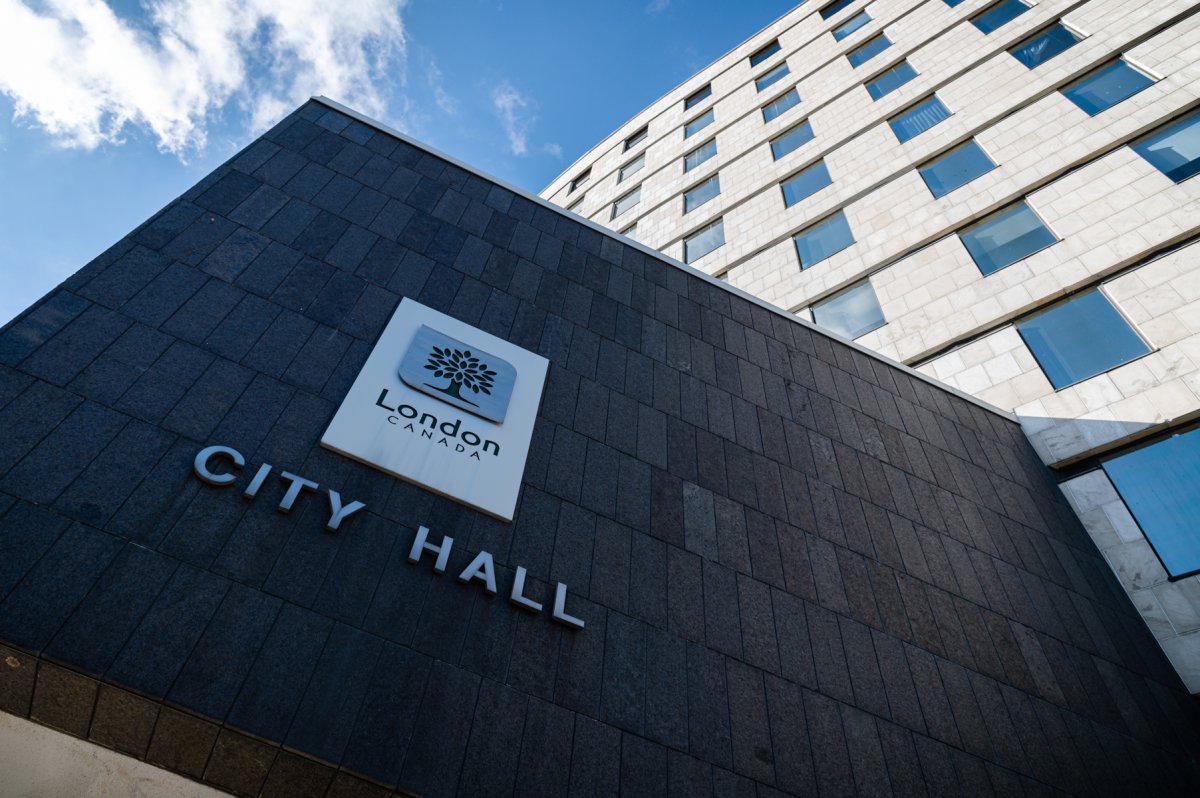Legislation for so-called strong mayor powers to expand to municipalities outside of Toronto and Ottawa has not been well received by a pair of local councillors who hope that it doesn’t arrive in London.

On Monday, Ontario Premier Doug Ford said he’s planning to expand this as a way to get more housing built and boost housing supply across the province.
Introduced last week by Municipal Affairs and Housing Minister Steve Clark, the legislation would give mayors of chosen cities “veto powers” over bylaws that conflict with provincial priorities, such as building additional housing.
According to the outline, the legislation would also give mayors the responsibility for preparing and tabling their city’s budget, rather than council, appointing a chief administrative officer, and hiring and firing department heads excluding statutory appointments, such as an auditor general, police chief or fire chief.

However, according to Ward 2 Councillor Shawn Lewis, this legislation is at the bottom of council’s wish list, saying it “grants too much power for one office.”
“If the municipality were to have a wish list of things that we need the provincial government to do, this would be eighth to nine-hundredth on the list.”
Ward 4 Councillor Jesse Helmer shared similar concerns and said that the province has other tools available to boost housing, such as Ontario’s Planning Act — provincial legislation that sets out the ground rules for land use planning in Ontario.
“I don’t really see how this is going to speed anything up,” he continued. “That’s not a recipe for doing things more quickly.”
In agreement, Lewis says that extending the strong mayor powers legislation is “not the most helpful” thing the provincial government could do for local municipalities.
“Of all the things that the province could be doing for us, from increasing ODSP and OW so that folks actually have a living rate to rent an apartment on in our communities,” he continues, “to addressing the critical lack of mental health beds to dealing with some changes to the Police Services Act so that we aren’t using police resources to respond to mental health challenges, dealing with the court system and the backlogs there on the catch and release of people who are doing criminal activities in our community — of all the things the province could do, this is the least helpful.”
“There are tools that were helping that are actually being taken away,” Lewis added, referencing the success of municipal or prohibited bonusing. “The tool that’s being offered with the strong mayor powers, it’s not going to replace that. It’s not going to make any difference here in London.”
Additionally, Helmer mentioned the importance of the council manager system, which combines strong political leadership of elected officials in the form of a council or other governing body with the managerial experience of an appointed local government manager.
It’s a system that he doesn’t want to lose through potential strong mayor powers.
“That’s a really important system where we have civic administration that is not political,” Helmer explained. “Having the mayor directing them and being able to fire people, remove people, and put in their own people, that is a path we really do not want to go down in Ontario.”

Helmer added that historically, strong mayor systems can lead to partisanship, referencing similar systems found in the United States.
“In New York, there was Michael Bloomberg,” Helmer said. “He put in all these people to run these various departments, he introduced the budget, and he had all these powers of the strong mayor, but he was also operating in a party system which is very different from what we have here in Ontario.”
Premier Ford has not said where the legislation will be expanded to, but says more information is set to arrive in the coming months.
–with files from Global News’ Andrew Graham








Comments